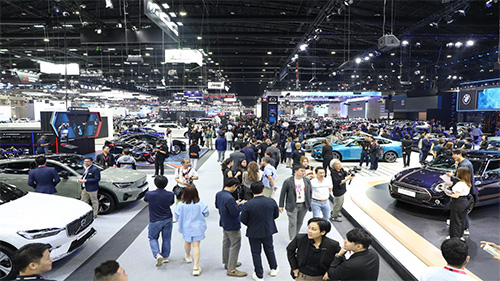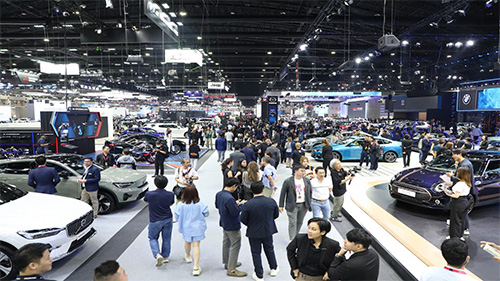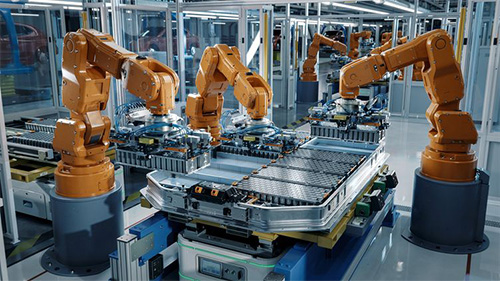Bangkok Auto Expo 2025: Why Thai EV Chargers Are Stealing the Show

Thailand’s automotive scene is being electrified, and nowhere is that more vivid than at the 46th Bangkok International Motor Show 2025. The event has become a showcase not just for flashy EVs but for something equally transformative—EV charging infrastructure, and Thai charger innovators have emerged as the surprise stars of the expo.
Chargers Shining Brighter Than the Cars
At this year’s expo, charging tech stole the spotlight with innovations that addressed the number-one concern of EV buyers: “Where will I plug in?” Thai startups and established players showcased ultra-fast DC systems, wireless and bidirectional (V2G) charging units, and integrated solar-powered solutions. Display booths buzzed with demonstrations: just how fast can a battery go from zero to eighty percent? How efficiently can it give power back to the grid? These were no longer theoretical capabilities but practical, on-site realities.
Thailand: Charging Hub of Southeast Asia
The urgency behind the innovations is clear. With government targets aiming for 30 % electric vehicle production by 2030 and rampant growth—80,000 new battery EVs registered this year alone, a sixfold rise from 2021 —Thailand is racing toward an electrified future. That surge requires a robust network of home-grown, smart charging solutions. And, crucially, thanks to national incentives like EV3.5, firms are building charging hardware domestically, cultivating a far more sustainable energy ecosystem.
Chinese Brands, Thai Innovation
While booths from Tesla, BYD, NIO, Xpeng, and other international brands dominated the car showcases, a quiet revolution was brewing under neon lights: charger companies powered by Thai expertise. Supported by international partners like ABB and you name it, local firms unveiled systems that are easy to install, cost-efficient, and cleverly tailored to Southeast Asia’s diverse power grids.
A Smart Ecosystem in the Making
What’s new this year is how these chargers interact—no longer standalone units, but nodes in a smart ecosystem. Solar rooftops feed solar-chargers into homes, apps optimize charging times, and bidirectional chargers allow EVs to power your home during outages. The expo’s MobilityTech Asia side-events featured panels on future mobility, integration with smart city planning, and vehicle-to-grid regulation .
Why This Matters for All of Us
This isn’t just about speeding the transition to EVs—it’s about sovereignty and sustainability. Local charger networks mean less reliance on foreign firms, lower energy costs, and equipment tailored to national needs. For businesses, anyone looking to sell an EV or charger in Southeast Asia, or invest in mobility tech, Thailand is now a destination. With Japanese, Chinese, European brands expanding production in the kingdom, and local firms readying smart infrastructure, the stage is set for regional dominance.
The Bangkok Auto Expo 2025 wasn’t just about pretty cars—it was about power: power to drive, and power over infrastructure. And Thai innovators are seizing that power, designing the backbone that will let EVs thrive, not just survive. Next time you plug in your EV, remember: it might just be a charger born right here in Thailand fueling your journey.







